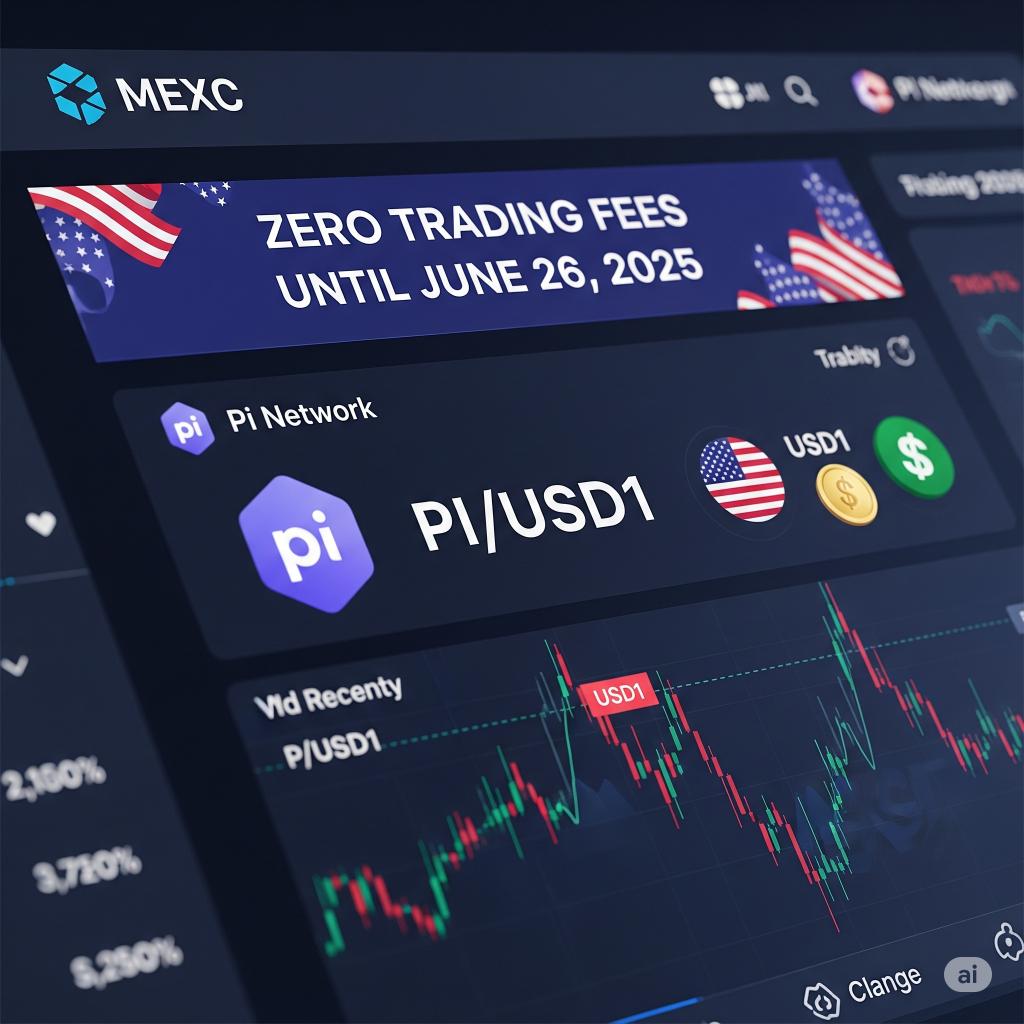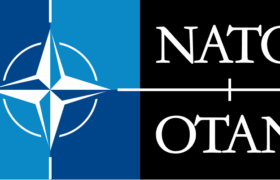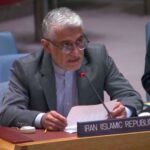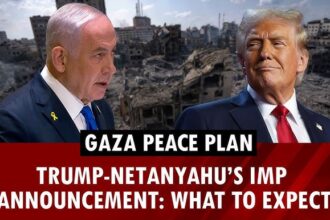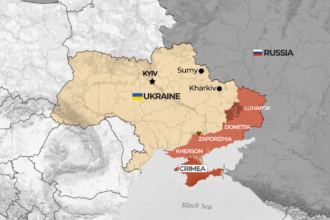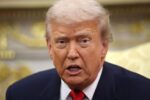Russian Foreign Minister Sergei Lavrov has issued a stark warning to NATO, claiming that the alliance’s escalating military spending and aggressive posturing are setting it on a path toward internal instability and eventual collapse. The remarks, made during a press briefing in Moscow, reflect deepening tensions between Russia and the Western defense alliance as both sides continue to engage in a growing geopolitical standoff.
Lavrov’s comments arrive just weeks ahead of NATO’s next summit, where member nations are expected to reaffirm commitments to increased defense budgets and expanded deployments — moves Moscow views as provocative and unsustainable.
Lavrov’s Statement
Speaking at a press conference on Monday, Lavrov accused NATO of entering a dangerous spiral of militarization that could undermine both the alliance’s unity and the global security balance. “What we are witnessing is not deterrence — it is escalation,” Lavrov said. “By constantly increasing military expenditures, NATO is creating a burden that many of its own members cannot afford in the long run.”
He added that the U.S. is pressuring European allies to meet or exceed the 2% GDP defense spending target set by NATO, even as some economies struggle with inflation, energy insecurity, and post-pandemic recovery. “This kind of financial pressure is unsustainable and may tear the alliance apart from within,” he warned.
NATO’s Defense Spending Push
NATO Secretary-General Jens Stoltenberg recently stated that at least 18 of the alliance’s 32 members are expected to meet the 2% defense spending goal in 2025, with others pledging significant increases over the next few years. The push for higher military investment has accelerated in response to Russia’s invasion of Ukraine, which has led many member states to reconsider their security posture.
Lavrov, however, dismissed these justifications as a “cover for militarization,” accusing NATO of expanding its presence near Russia’s borders and provoking new arms races in Eastern Europe.
“Rather than fostering peace and security, NATO is creating a fortress mentality in Europe,” Lavrov said. “This does not strengthen the alliance — it exposes its contradictions.”
Friction Within NATO?
While Lavrov’s prediction of NATO’s collapse is viewed as extreme by Western analysts, his comments tap into existing debates within the alliance over defense spending, strategy, and cohesion. Countries like Germany, Spain, and Italy have faced domestic pushback over military budget increases, while nations on NATO’s eastern flank continue to demand stronger collective deterrence measures.
In the United States, ongoing political divides over foreign aid and defense commitments — especially regarding Ukraine — have raised questions about the long-term unity of the alliance, particularly under a potential future administration with a different approach to Europe.
Still, NATO leaders maintain that unity remains strong. “We are more united than ever,” Stoltenberg said earlier this month. “Our investments in defense are a sign of commitment, not division.”
Russia’s Strategic Narrative
Lavrov’s statements are part of a broader Russian effort to portray NATO as both expansionist and internally fractured. As Western military support continues to flow into Ukraine, Russia has increasingly sought to paint NATO as the true aggressor, aiming to destabilize Eurasia and contain Russia’s influence.
By warning of the alliance’s financial and political limits, Moscow appears to be signaling that NATO’s current trajectory is unsustainable — a view not widely shared in the West but frequently echoed in Russian state media and diplomatic channels.
As NATO continues to increase defense spending in response to Russian aggression, Sergei Lavrov’s warnings reflect not only Moscow’s opposition to the alliance’s actions but also its broader strategic messaging campaign. While the idea of NATO’s collapse remains speculative and politically charged, the tensions surrounding military budgets, alliance unity, and the future of European security are very real.
With NATO preparing for a major summit and the war in Ukraine grinding on, the rhetoric from both sides is likely to intensify — reinforcing a geopolitical divide that shows no signs of narrowing.
